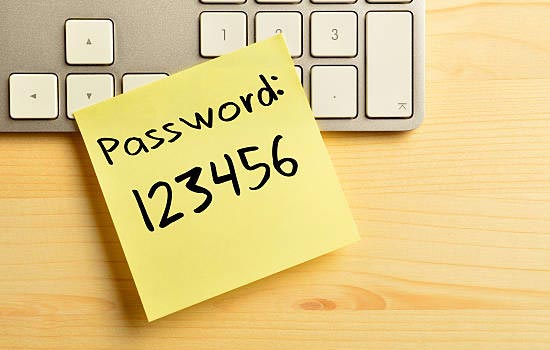Most people love the concept of shopping from home on an online platform. There is however a lingering fear about online security, particularly when making online payments. Reports of scams, thefts and poor service are easily found on media websites and consumer blogs.
Online shoppers are very conscious of Online Security and are becoming increasingly savvy about the Cyber Security implications of posting financial information online.
Banks and other financial service providers are keen to ensure that all transactions are completed properly and securely, so most have a page on their corporate website giving details of the security measures they have put in place. That’s the first place to look for detailed advice on cyber security.
To save you time, here are some Cyber Security tips that will increase your online security.
-
Phone Calls

No reputable financial organisation will phone you first. An unsolicited phone call is far more likely to be someone pretending to be from the financial institution looking for information they can use to steal your money. Never give out any personal or financial information over the phone. Best go to a local branch is it’s a brick and mortar bank.
-
Malware

Make sure that you have fully operational and up to date anti-virus software on your PC. You should also install software that specifically targets adware and covers Internet website access.
-
Web Links

Many criminals use malicious web links to capture user information and install malware on their PCs. The link can come via an email that looks like it comes from a trusted source, a bank, a colleague or a relative perhaps. The link will take you to either a hacked version of the genuine website or another website entirely, where it automatically downloads malware.
The malware is often a keylogger, that records all the user IDs and passwords you use and sends them back to the hacker for later use. The worst could be ransomware, in which all your data is encrypted, and you are asked to pay a “fee” to have it decrypted. These days, where a family keeps their treasured memories of pictures and videos on a PC, losing them could be disastrous.
Some emails are obviously fraudulent because of poor grammar or spelling errors, but some appear genuine. One way to check is to hover the cursor over the link, which should bring up an information box showing the link destination. If it doesn’t look righttheyhe don’t click on it.
Fraudulent or malicious weblinks can also come via Social Media.
Bottom line, don’t click on them unless you are absolutely sure that the link is genuine.
-
Passwords

These days, when we are asked to keep records of authentication details for many different websites, the temptation is to use the same or similar password for all. If a hacker finds one, that gives access to all your websites using your credentials.
Use a password vault to store your passwords, and if it has a strong password generator use that to create unique and hard to crack passwords. Most will automatically enter the credentials for you on the logon page.
-
Recovery Emails

If you do forget a password, the usual password recovery procedure is for the site owner to send an email to an address recorded in your registration details. The email contains either a new password, or a link to a webpage that allows you to create a new one.
If a hacker can get hold of that email by hacking your mail account, they can reset the password on all your web accounts. Use an email account on a different domain as your recovery address.
Instead of an email address, some sites send an SMS to your cellphone containing a one-time PIN number. That is a more secure method.
Cyber Security is a continual battle between the white hats and the black hats. Be vigilant, keep your anti-virus programs and signatures up to date, and keep your wits about you. On-Line shopping at reputable sites is fine, but if you do go a bit off the beaten track, do be careful.


